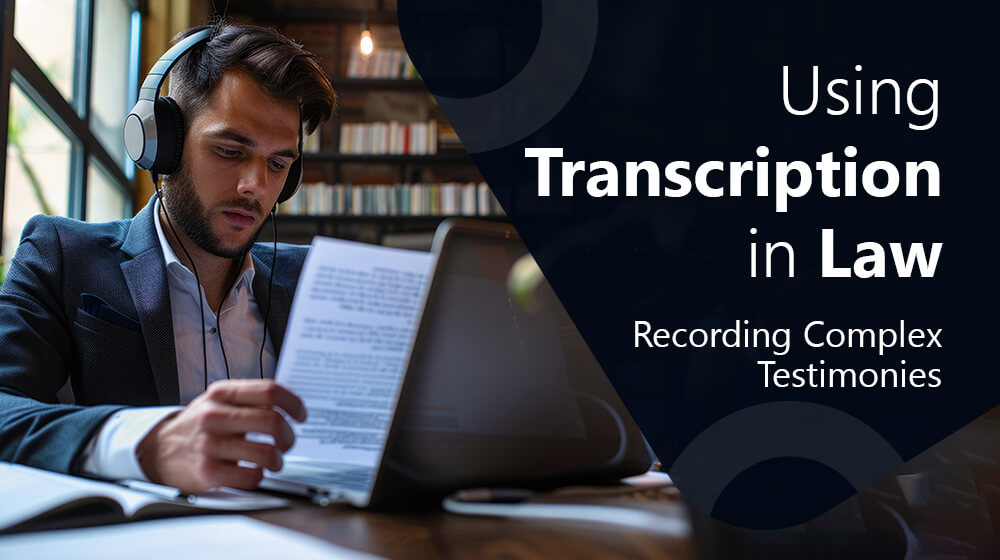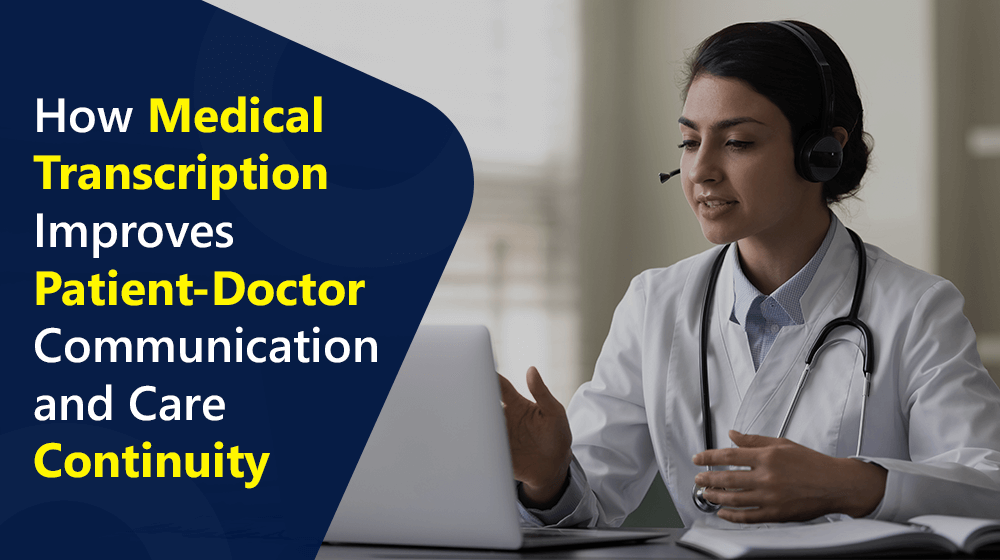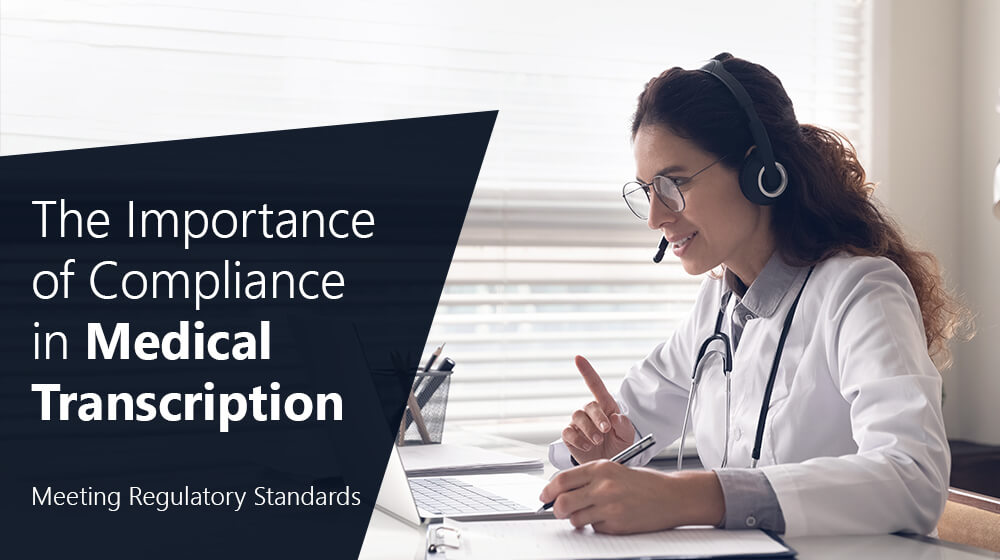Legal matters are affected in the absence of accurate documentation. Every spoken word holds the power to affect a case, posing challenges to the legal system. That’s where legal transcription services come into play, allowing accurate and precise documentation of every case, including recording complex testimonies. Let’s understand more about testimonies, their importance, and how transcription helps overcome hurdles in this field.
Understanding Testimonies
Testimonies or legal testimonies refer to the statements of witnesses, recorded under oath during case trials. They have an important place among all the evidence presented in the court, supporting the jury to make the right decision. Testimonies can be oral, written as an affidavit, or in the pre-trial stage, recorded for further courtroom presentation. In most cases, testimonies are collected from eyewitnesses, forensic experts, and character witnesses.
Transcription Services In the Legal Field
The major challenges of the legal field revolve around accurate and reliable documentation and record maintenance. Legal transcripts have to cover every verbal and non-verbal aspect, without overlooking deadlines and court standards. Here are a few points discussing how transcription service in legal proceedings help with record keeping and other legal challenges:
Words That Win Cases
A single word, like ‘yes’ or ‘no,’ can completely transform a case. Whatever witnesses say during testimonies must be recorded and documented carefully to fully understand the context. Transcription helps convert every spoken word into a well-structured document that all parties can review multiple times. This aids in preparing the basis for case presentations in upcoming hearings. Additionally, non-verbal aspects can be analyzed to reach a fair conclusion, giving importance to both what was said and how it was conveyed.
Turning Hours Into Minutes
Revisiting testimonial recordings with the cases getting frequent hearings is time-consuming. Transcription can help with packed deadlines by offering a precise format, allowing easier access and freedom to visit a certain section from the complete testimonies. Well, here it’s more than just saving time, it is also about accessibility to a wider audience, including the ones with hearing impairments.
Guarding Against Errors
Recordings of complex testimonies are significant, but recordings alone cannot pave the way for fair trials. There has been an accurate document mentioning detailed information, easily accessible and with zero errors. Legal transcripts, finalized by professionals, take care of all the court standards and use the right tools to clarify inaudible parts, notable pauses, and every detail, even in cases of multiple speakers.
Blueprints For Legal Battles
Lawyers define testimonies as the ‘backbone’ of cases where other evidence is limited or absent. Well-documented transcripts of the testimonies help lawyers in in-depth analysis, better understanding, and key point identification. They frame questions for future dates, gather insight about loopholes, and enhance their strategic planning process with these transcripts.
The Pillar For Appeals
Accurate legal transcripts make the struggle for appeals a bit easier. Lawyers offering transcripts move ahead with confidence and easily review whatever information was shared during the testimonies. Offering a strong factual ground for the appeals boosts client confidence and is a plus for a lawyer’s credibility.
A Common Playbook
Legal cases often involve teamwork among various players including lawyers, police, expert witnesses, and clients. Transcriptions provide a shared reference that everyone can access and review. This shared information helps ensure everyone is on the same page, reducing confusion and improving teamwork to build a stronger case.
Support For Researchers
The scope of legal transcription goes beyond individual case benefits. When it comes to landmark judgments that become part of the syllabus in law schools, transcripts can serve as an excellent medium for mentioning all the relevant details. Researchers and law students can use these as notes and references, improvising the modern legal landscape.
Benefits of Legal Transcription
There are several benefits of Legal transcription: it creates clear, written records of court sessions, depositions, and interviews. This makes it easier for legal professionals to prepare cases and find specific details quickly. It also helps avoid mistakes and ensures everything is documented correctly. Accurate transcripts are key for legal compliance and useful in appeals. Overall, legal transcription saves time and keeps reliable records.
Conclusion
Legal transcription services are essential for maintaining the integrity of the legal system by providing accurate and comprehensive documentation of complex testimonies. By converting spoken words into precise, well-structured documents, transcription helps legal professionals save time, avoid errors, and prepare effectively for future proceedings. It supports lawyers and their teams in building stronger cases and serves as a valuable resource for researchers and students. Legal transcription effectively bridges the gap between spoken words and legal outcomes, ensuring a reliable source of fair outcomes.
At ANT Datagain, we understand the complexities of legal transcription. That’s why we provide cost-effective solutions tailored to meet your deadlines, combining the efficiency of automation with the expertise of seasoned legal professionals who appreciate the unique needs of each case.
















